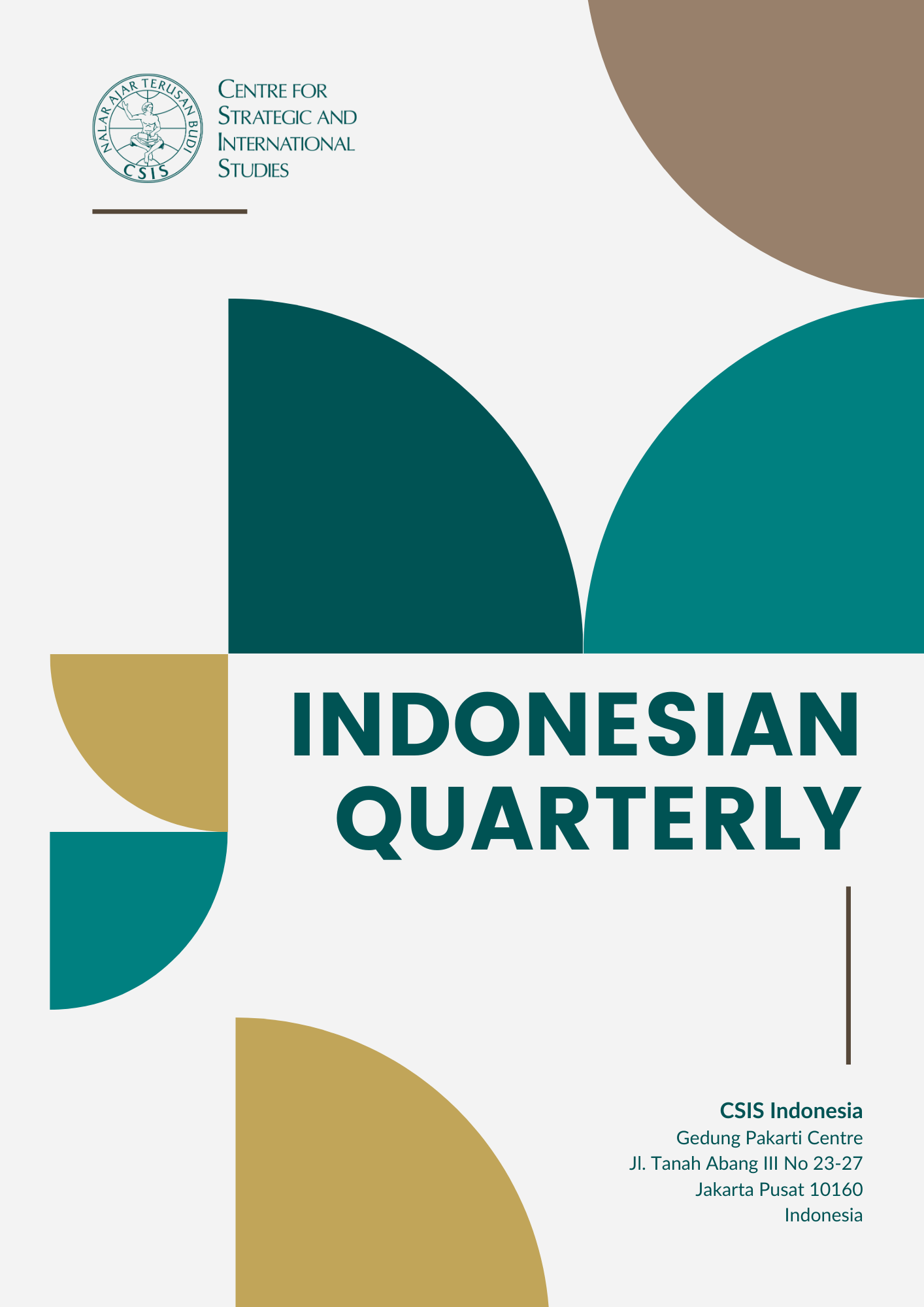Abstract
On August 2, 2022, United States (US) House Speaker, Nancy Pelosi, paid a visit to Taiwan, which prompted a strong response from Beijing. Following the visit, Beijing launched a large-scale military exercise that raised global concerns about the possibility of crisis escalation in the Taiwan Strait, fearing it will end in an open war like in Ukraine. Nonetheless, some experts have predicted that the open war was unlikely to occur. China perceived the formal visit of US representative to Taiwan as a violation of sovereignty resulting in a raising tension in the Indo-Pacific area. In a statement, China’s Foreign Minister Wang Yi said, “The US side claimed that China is muddling the situation, but the basic facts are that the United States first provoked China on the Taiwan question and blatantly violated China’s sovereignty and territorial integrity”. On the other hand, the Biden’s administration argued that the People’s Liberation Army (PLA), including the firing of a short-range ballistic missile at Taiwan, was an overreaction of Beijing to Pelosi’s visit.This article examines beyond the temporary tensions occurring in the second half of 2022 and discusses the dynamics of relations between China-Taiwan, the possibility of an open war, and the implications of the conflict on Indonesia
